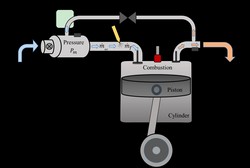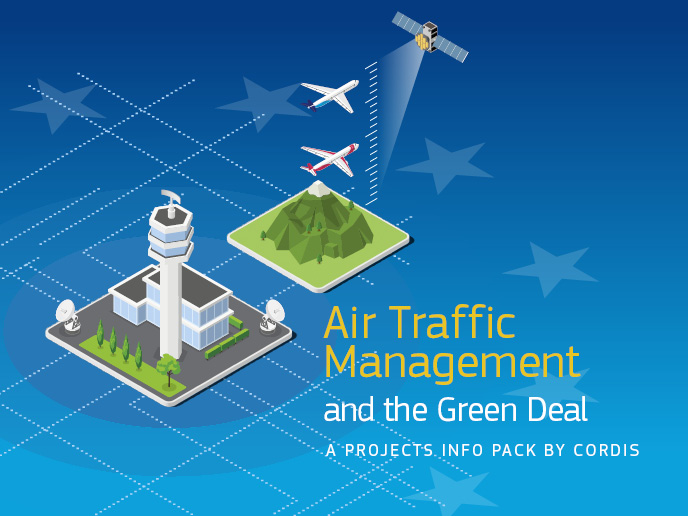Advanced car engines to produce less emissions
The use of private vehicles is set to grow phenomenally by 2030, bringing with it increased fuel consumption and emissions. Developing better automotive EMSs for hybrid powertrains can lower fuel consumption and reduce emissions. Specifically, better optimal adaptive estimation and control approaches that focus on improving indicated torque estimation and air-fuel ratio (AFR) control represent promising technologies for future EMSs. This was the aim of the EU-funded project AECE (Adaptive optimal estimation and control for automotive engine systems with approximate dynamic programming). To achieve its aims, the project team exploited a bio-inspired approach called approximate dynamic programming (ADP), in addition to other novel adaptive techniques. It has been shown that the project’s adaptive algorithms are highly robust and performance enhancing. The project also studied implementation for internal combustion engines and reduction in development costs by minimising the use of hardware transducers. The work involved engine modelling and validation by building and calibrating different engine models using engine simulation software. AECE also developed a novel, systematic theoretical adaptation framework to achieve fast, robust parameter estimation. It then built and validated a simple, robust unknown input observer to address the engine torque estimation challenge using the measured engine velocity and load torque. Another project achievement was overcoming the challenge of adaptive optimal tracking control for generic non-linear systems. This was solved by incorporating the project’s adaptive algorithm into the ADP method and subsequently extending its performance and applicability. Noteworthy as well, the project team built several dynamic engine simulators using commercial software and conducted extensive simulations to ascertain its findings (e.g. torque estimation). It conducted AFR control experiments for two-cylinder engines to validate the new AFR control methods. Overall, the results have been very promising in terms of regulating AFR and reducing emissions. The new control strategy has also demonstrated it can reduce offline calibration efforts and costs. The research has been disseminated to academia and industry through journals, seminars and conference papers, in addition to being shared with involved universities in China and the United Kingdom. With the involvement of both industry and academia, the likelihood of exploiting the results to make vehicle engines more efficient and reduce emissions is very high.







